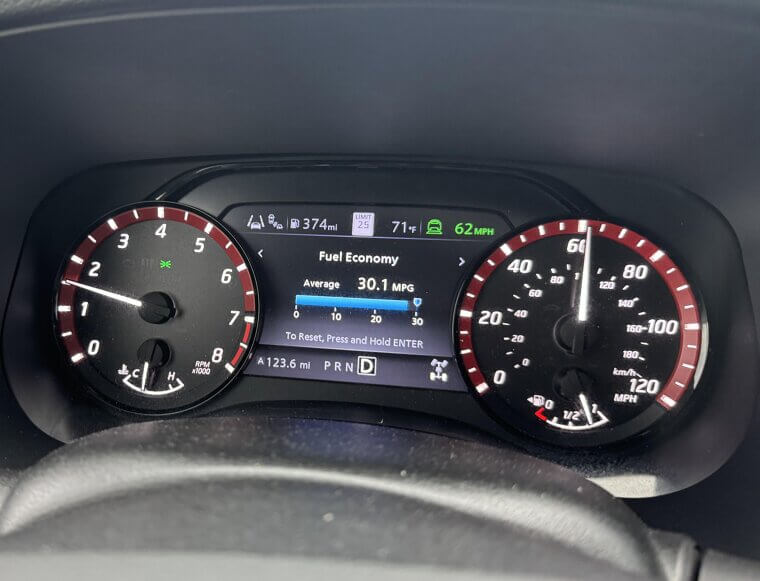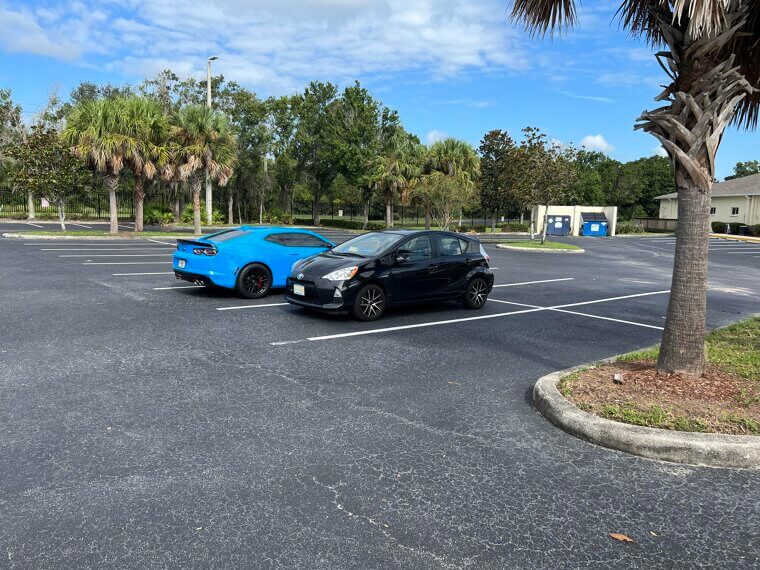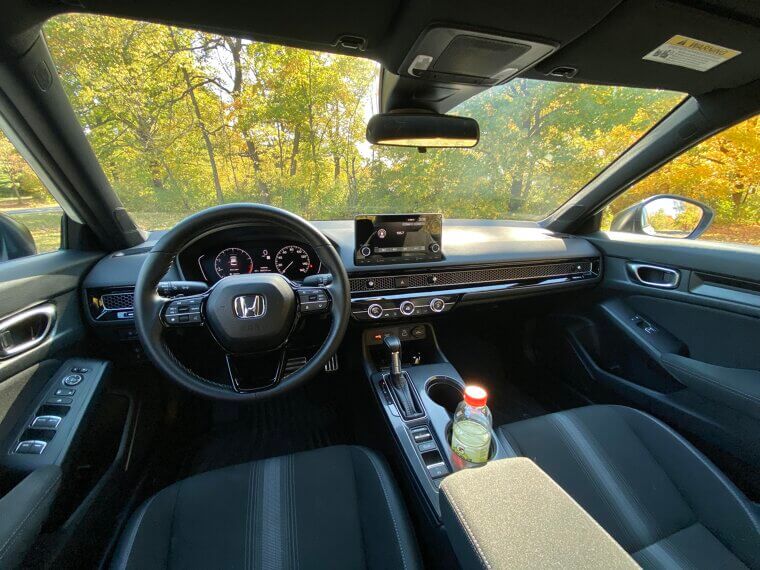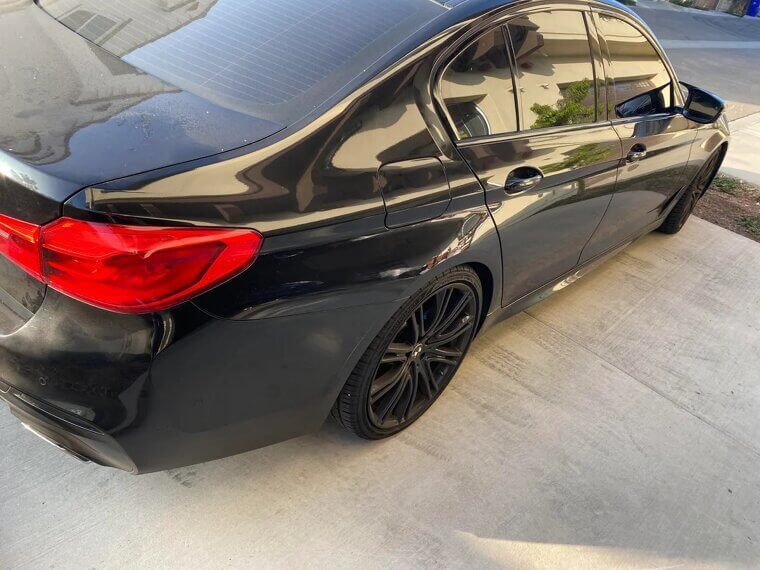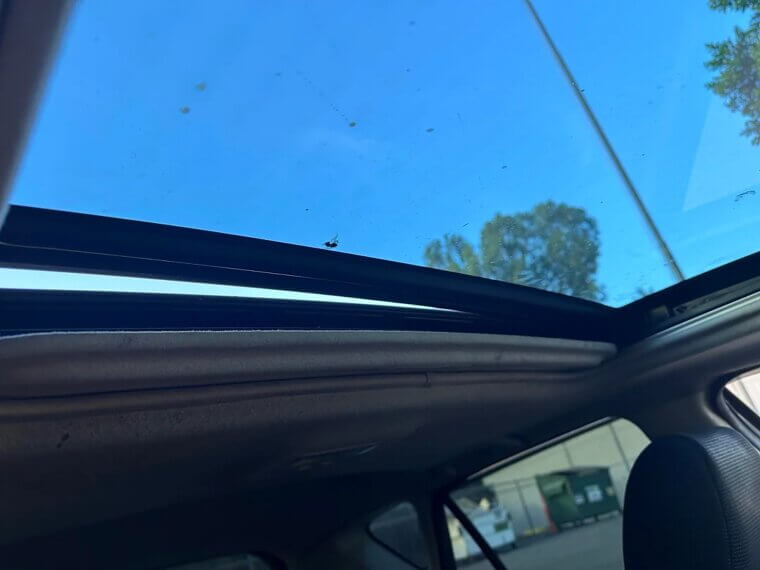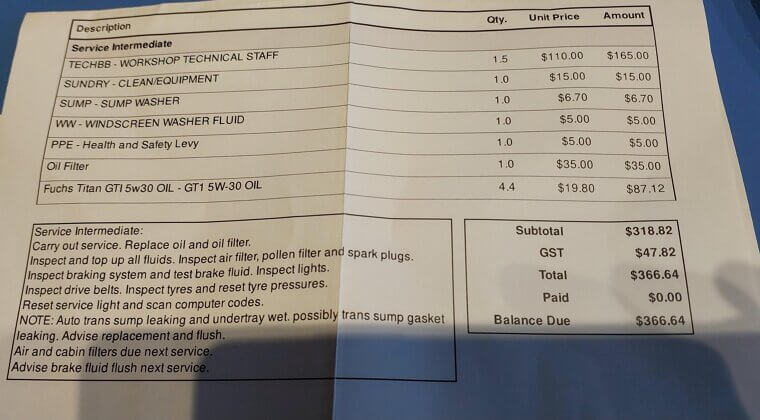Important Factors That Affect Your Car's Trade-In Value
Are you considering trading in your car? Before you can get giddy about that shiny new upgrade, keep in mind that your old car's value depends on more than just age and mileage. There are several factors dealerships consider, and every single one matters.
Mileage and Maintenance
Lower mileage is like a badge of honor in the trade-in world. But it’s not just the odometer; regular oil changes, brake checks, and a healthy service record can boost your car’s value. A well-maintained high-mileage car can often outshine a poorly maintained lower-mileage one.
Market Conditions
The value of your vehicle changes with the market. If fuel becomes more expensive, hybrid cars are gold. If SUVs are hot, your compact could lose value. The time of year can also have an impact, as 4WDs sell better before winter. Selling your vehicle when the demand is higher can equal more money for you.
Interior Condition
No one wants a trade-in that smells like gym socks or looks like a toddler’s snack war zone. Clean, stain-free upholstery, intact trim, and a tidy dashboard go a long way. Small details like working buttons and an unstained headliner can make your car feel newer and more valuable.
Exterior Condition
First impressions matter, even when it comes to cars. Dents, faded paint, mismatched panels, rust, or damage can quickly diminish your trade-in dollars. Simple touch-ups, a good wash, and maybe even a detail can add money to your offer.
Options and Features
Buyers love bells and whistles, especially when they are factory-installed options. Leather seats, sunroofs, and upgraded infotainment can seriously sweeten the deal. Even things like all-wheel drive or a premium sound system may add trade-in value.
Service History and Ownership Records
Did you keep your receipts and logbook? Good! Having proof of regular maintenance and an established one-owner history builds buyer confidence and will ultimately increase your trade-in value.


